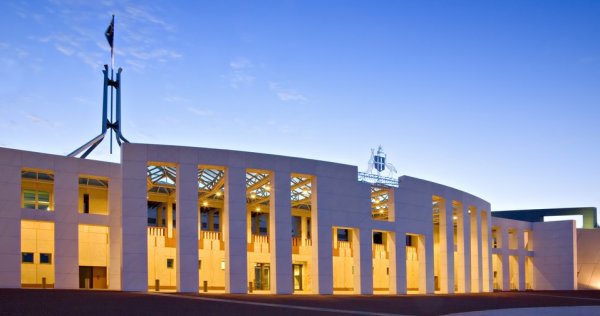Private Healthcare Australia has made a late submission to the current parliamentary inquiry into approval processes for new drugs and novel medical technologies to challenge claims over the impact of planned reforms of medical device pricing.
The inquiry, which is chaired by the government's Trent Zimmerman, has received 200 stakeholder submissions and held 11 public hearings. It has also held private hearings involving companies, government officials and members of key advisory committees.
Private Healthcare Australia says its submission is in response to evidence given by the Medical Technology Association of Australia (MTAA) during a public hearing on 12 March 2021.
According to the association, the MTAA "suggested that private health insurers were seeking to change the funding of medical devices in Australia as a cost-saving measure that would reduce access".
"It's been put forward by insurers specifically as a cost-saving measure for them. It would provide insurers a short-term financial benefit by shifting costs to the private health system. It would move costs away from insurers to, potentially, private hospital patients. Patients could face out-of-pocket costs for devices, and it could also shift patients out of our private hospital system. Because the reimbursement model isn't there to provide access to that technology, patients would be forced back onto the public system," said MTAA CEO Ian Burgess during the hearing.
Private Healthcare Australia said this statement "misrepresented" the position of insurers.
"The medical device funding system in Australia is broken," it said.
"Australian consumers (through their health insurance premiums) pay too much. The system is so complex that it is prone to mistakes and to manipulation...Some prices are just outrageous, twice and three times more than in other markets," it said, adding its own reform proposal is "modest" and "achievable".
It said doctors and patients will still have access and choice without co-payments.
"The Private Healthcare Australia blueprint would still leave Australian consumers paying some of the highest prices in the world, yet still deliver premium relief for customers and more than $200 million per annum to the private hospital sector. Health funds would return any savings to consumers through reduced premiums. In addition, the Government would save more than $100 million per annum through reduced spending on the Private Health Insurance Rebate."
The MTAA said it stands by the evidence given at the public hearing.
The recent 2021-22 Budget included $23.1 million over four years from 2021-22 (and $2.1 million per year ongoing) to "modernise and improve the administration of the Prostheses List".
It also included a number of other reforms to the private health sector, including $303.9 million in savings over four years from the continuation of the current policy settings for the income thresholds for the Medicare Levy Surcharge and Private Health Insurance Rebate. The government announced it will review these MLS settings.
